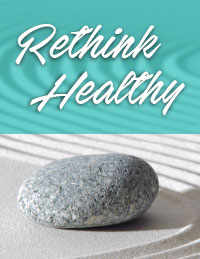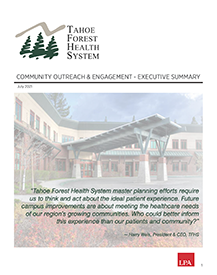Heart disease is on the rise, and by 2050, 60% of Americans could be affected. But there’s good news: you can take control of your heart health by focusing on what you add to your diet, not just what you cut out! Join Lisa Fligor, a Wellness Dietitian at Tahoe Forest Health System, as she shares practical tips on boosting your fiber intake for a healthier heart. Lisa discusses simple ways to incorporate high-fiber foods, like chia seeds, whole grains, and beans, into your meals without a drastic diet change.
Learn how easy tweaks, like checking food labels for fiber content and adding beans as a side, can help lower cholesterol and support heart health. Ready to get started? For personalized nutrition guidance, reach out to our Tahoe Forest dietitians for support tailored to you.
Are you often reaching for snacks late at night without even realizing it? Lisa Fligor, Wellness Dietitian at Tahoe Forest Health System, dives into the common habit of mindless evening snacking and what may be driving it. Lisa shares key questions to help you determine whether you’re actually hungry or just seeking comfort from stress, boredom, or fatigue. She suggests practical ways to tune into your hunger cues, like asking yourself if a balanced meal, such as chicken and rice, would be just as appealing as that bag of chips. If not, it might be time to address underlying feelings with healthier actions, like a quick walk or a chat with a friend.
Lisa’s tips also include nutritious snack ideas and the benefits of a good night’s sleep to curb the desire for empty calories. Want more personalized support? Reach out to our registered dietitians at Tahoe Forest Health System to start building healthier habits.




